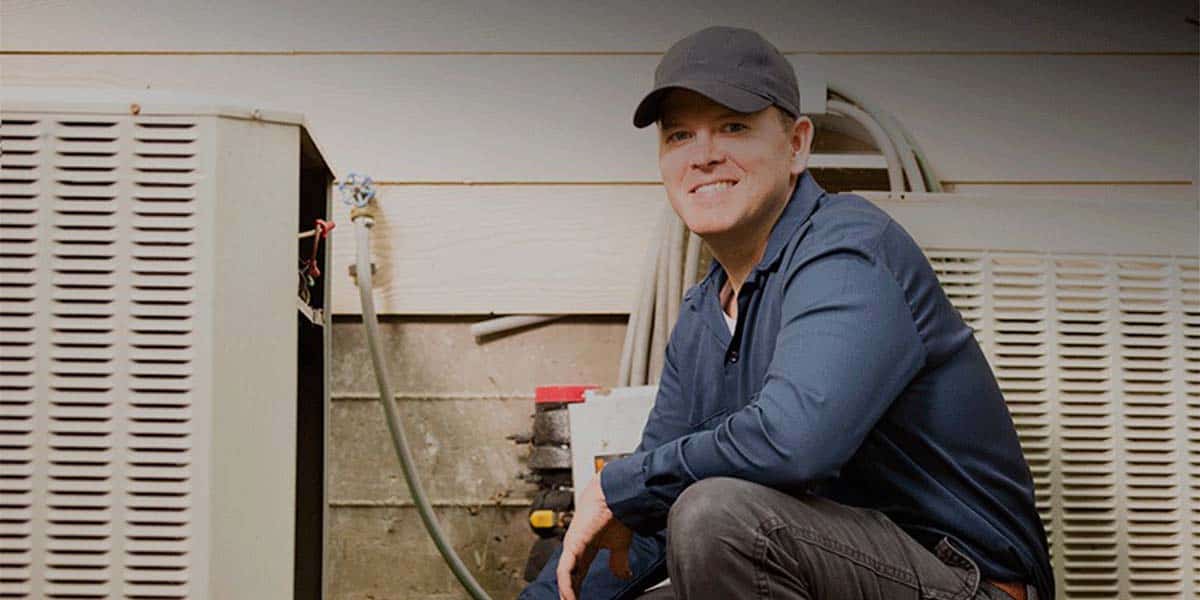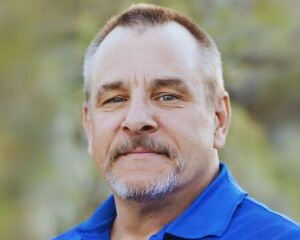HVAC-R Instructor in Family Handyman Magazine Regarding Tips for Troubleshooting Air Conditioners at Home

You may have noticed a heat wave that has unleashed extreme weather in almost every corner of California. In a single day, Northern California was hit with triple-digit temperatures, as well as hundreds of lightning strikes that ignited brush fires. Even Death Valley reached 130 degrees — one of the hottest temperatures ever recorded in that region. And while we depend on air conditioners to keep us cool, if it goes out during a heatwave, it could take days before you can get someone to come fix it.
That’s why HVAC-R Instructor at San Joaquin Valley College in Temecula, Oscar Aparicio, offered up some advice for Family Handyman, a national home-improvement magazine founded in 1951, on how you can check for common failure points in your home A/C units. Here is some of his advice below:
- Maintenance: A/C units, whether it is a window A/C, refrigerator, or residential A/C, need regular maintenance. I have been in calls where customers will tell me that their A/C is not cooling sufficiently. Then I’ve come to realize that they never had their coils cleaned. A dirty coil can lead to multiple failures, including high head pressure, which overworks the compressor and can lead to compressor burn out. The insufficient airflow results in inadequate cooling and higher electricity bills.
- Filters: As with regular maintenance, homeowners need to ensure they are changing their filter at least every three months to prevent insufficient air balance, an overworked indoor blower motor, and high head pressures. Renters sometimes forget to change filters. This causes a lot of damage if it is left unattended.
- Hot pulldowns: This is when a homeowner waits until the house gets incredibly hot, such as in the high 80’s and 90’s, to finally turn on the air conditioner. This is bad for the unit, since it causes it to overwork itself. The unit will work at its full capacity, using a lot of electricity and overworking every major load in the system. Homeowners should be mindful and set the thermostat to 78 degrees, where the unit can work at its most sufficient set point.
- Thermostats: Replacing your own thermostat is another huge issue. If you are not trained properly, this can cause you to blow the 3 AMP fuse in the control board or possibly burning the whole control board.
- YouTube: While there are many DIY videos on YouTube, some of the stuff found on the web can lead to full system damage, injury or even death. It’s always best to consult a trained professional to come look at your A/C. I can’t tell you how many times I went to homes where the homeowners called me to come to fix what they fixed.
Here is a link to the article in Family Handyman magazine: Why Won’t My Window AC Unit Turn On?
Learn more about SJVC’s Heating, Ventilation, Air Conditioning and Refrigeration (HVAC-R) program
Learn More About A Career In HVAC
Find out more about what an HVAC technician does, the education required to become a technician, HVAC salary possibilities and more facts you need to begin your HVAC technician training.
You might also like
More stories about
Request Information
All fields using an asterik (*) are required.


